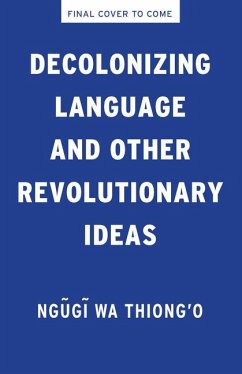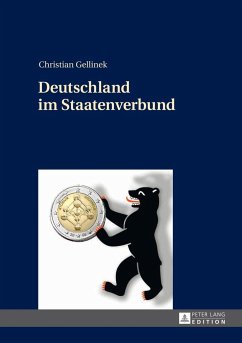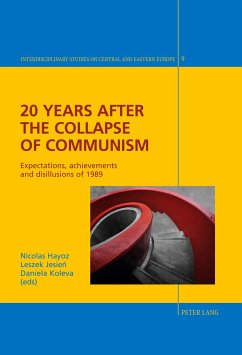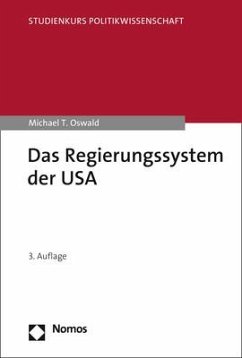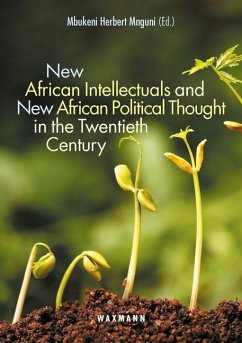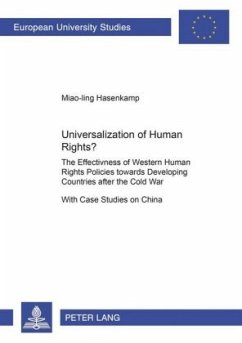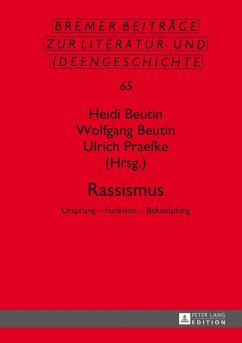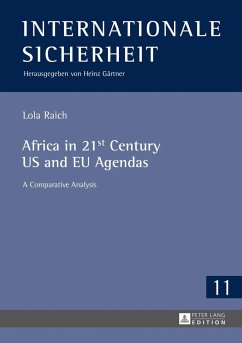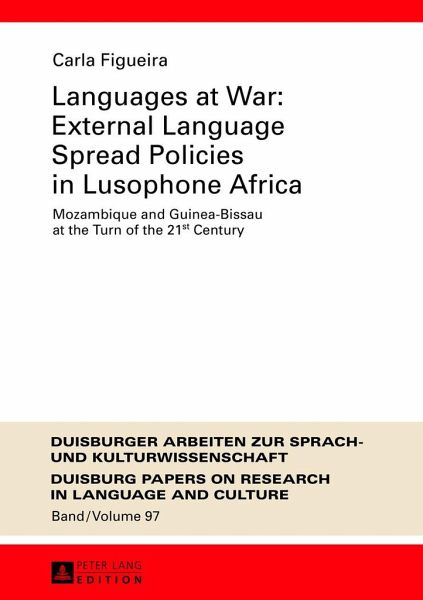
Languages at War: External Language Spread Policies in Lusophone Africa
Mozambique and Guinea-Bissau at the Turn of the 21 st Century
Versandkostenfrei!
Versandfertig in 6-10 Tagen
85,90 €
inkl. MwSt.

PAYBACK Punkte
0 °P sammeln!
This study explores the argument that postcolonial Africa has been the setting for competing external language spread policies (LSPs) by ex-colonial European countries at the turn of the 21st Century. It focuses on the external LSPs developed by the governments of Portugal, Brazil, United Kingdom, France and Germany towards Mozambique and Guinea-Bissau from the 1990s to the present. The study offers a perspective on the web of relationships involving European ex-colonial powers and the African postcolonial countries of Guinea-Bissau and Mozambique. The author seeks to examine the development o...
This study explores the argument that postcolonial Africa has been the setting for competing external language spread policies (LSPs) by ex-colonial European countries at the turn of the 21st Century. It focuses on the external LSPs developed by the governments of Portugal, Brazil, United Kingdom, France and Germany towards Mozambique and Guinea-Bissau from the 1990s to the present. The study offers a perspective on the web of relationships involving European ex-colonial powers and the African postcolonial countries of Guinea-Bissau and Mozambique. The author seeks to examine the development of external (European) LSPs and the construction of politico-linguistic blocs in a complex context whilst taking into account the colonial heritage and its lingering dependencies, the construction and maintenance of nationhood and the increasing globalisation of the world.





